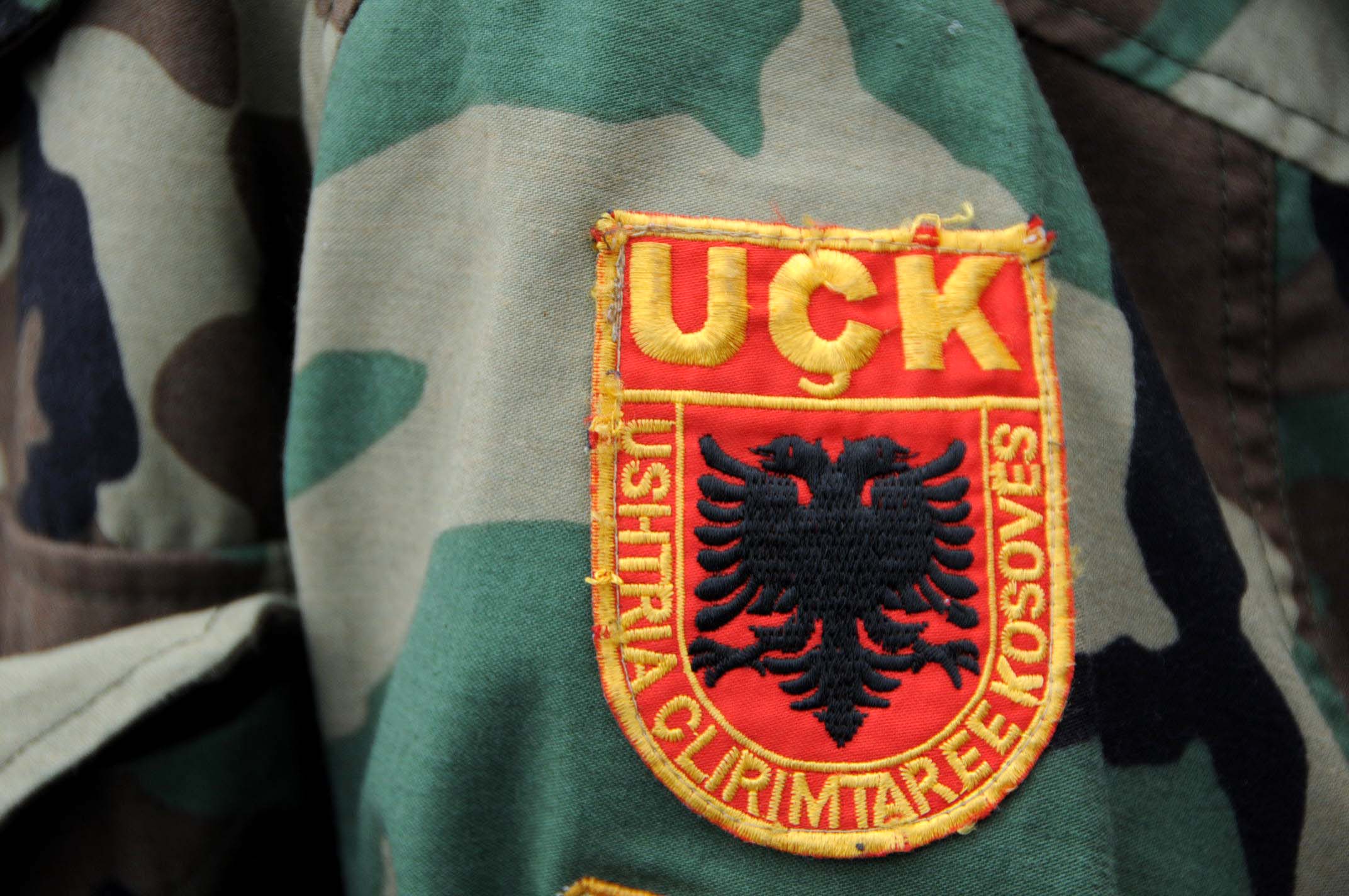Tirana protest for KLA leaders in the Hague deepens rift between Edi Rama and Albin Kurti

A nationwide protest called by veterans of the Kosovo Liberation Army (UÇK) will take place this Friday at 17:00 in Tirana, in support of former UÇK leaders currently being tried in The Hague for war crimes. The rally — described by organizers as a “protest of dignity and unity” — has reignited long-simmering tensions between the governments of Albania and Kosovo.
Why is this important: The upcoming protest has become the latest flashpoint between Albanian Prime Minister Edi Rama and Kosovo’s ruling Vetëvendosje movement, led by Albin Kurti. In an unexpected move, Vetëvendosje launched a harsh attack against Rama, accusing him of hypocrisy for supporting the protest despite once backing the creation of the Specialist Chambers — the very court now trying UÇK leaders.
“Before protesting, these politicians should show at least a minimum of remorse for their past mistakes,” Vetëvendosje wrote. “A clear example is Prime Minister Edi Rama himself, who flew by helicopter to Prishtina to convince parties to vote in favor of creating this court.”
The statement caught many observers by surprise, as there had been no recent friction between the two governments. However, analysts have noted that the timing of Vetëvendosje’s criticism may be linked to the party’s disappointing performance in Kosovo’s local elections — and fears that a massive rally in Tirana, openly supportive of the former KLA leadership which are affiliated to the opposition PDK, could undermine Vetëvendosje’s nationalist credentials ahead of future electoral contests.
Rama’s reaction: Prime Minister Rama responded forcefully, accusing Vetëvendosje of distorting history and politicizing a national cause. It was not the first time Rama criticized Vetëvendosje and Albin Kurti for using national issues for political gain.
Rama has long expressed frustration with what he sees as Vetëvendosje’s reluctance to support the KLA leadership on trial in The Hague. By contrast, he has made the defense of the former commanders — and especially that of Kosovo’s former president Hashim Thaçi, with whom he shares a close friendship — a personal foreign policy priority. Rama has repeatedly raised the issue at high-level international forums, framing it as a matter of national dignity and justice.
Many in both Albania and Kosovo believe that Vetëvendosje has quietly benefited from the Hague trials, which have sidelined key opposition leaders in Kosovo. According to this view, while the party pays rhetorical respect to the UÇK commanders, it is comfortable with the prolonged proceedings that weaken its political rivals.
Rama rejected the claim that his government had supported the Hague trials, saying the court’s mandate had been “to investigate alleged organ trafficking, not to imprison Kosovo’s President.”
“I have denounced the farce against Hashim Thaçi and the others whenever and wherever it was needed,” Rama said. “Meanwhile, Vetëvendosje has moved little in that direction. I’m not competing with them, but it’s sad to see them confusing institutional relations between Kosovo and Albania with the stew of local election politics.”
“As for Vetëvendosje’s positions ten years ago — when they didn’t even recognize Kosovo’s anthem, let alone the innocence of Thaçi’s, whom they would have preferred to see in The Hague forever — I remind them that the Special Court was created to investigate organ trafficking, not to take the President of Kosovo hostage,” he added.
Context: The protest, organized by the War Veterans Organization of the UÇK, follows earlier rallies in Prishtina and The Hague. Organizers insist it is non-partisan, describing it as “the voice of the Albanian people, of veterans, of the families of martyrs, and of all those who reject the injustice against Kosovo’s leaders.”
Former President Hashim Thaçi, along with Kadri Veseli, Jakup Krasniqi, and Rexhep Selimi, has been detained since 2020 on charges of war crimes and crimes against humanity. All four have pleaded not guilty. Many Albanians see the Specialist Chambers as biased, prosecuting only Kosovar fighters while crimes by Serbian forces remain unpunished.
In Albania, political divisions mirror those in Kosovo. The Democratic Party (DP) has announced it will boycott the protest, calling Rama’s support insincere.
“We consider the UÇK war a just liberation struggle,” DP said, “but we cannot stand next to the man who betrayed Kosovo whenever he had the chance.”
Meanwhile, the ruling Socialist Party has accused PD leader Sali Berisha of “working against Kosovo’s liberation war” in the 1990s by breaking the international embargo and trading oil and arms with Slobodan Milošević’s Serbia.
What else: Rama clarified that while he supports the protest “as a private citizen,” he will not attend or speak at it, to prevent politicization. “If this rally turns into a political show,” he warned, “it will only harm its purpose.”
The Tirana protest — the first of its kind in Albania — is expected to draw thousands from both sides of the border. Beyond its immediate message of solidarity, it has laid bare the growing political rivalry between Rama and Kurti, as well as the fragile unity of Albanian political discourse over Kosovo’s wartime legacy.


